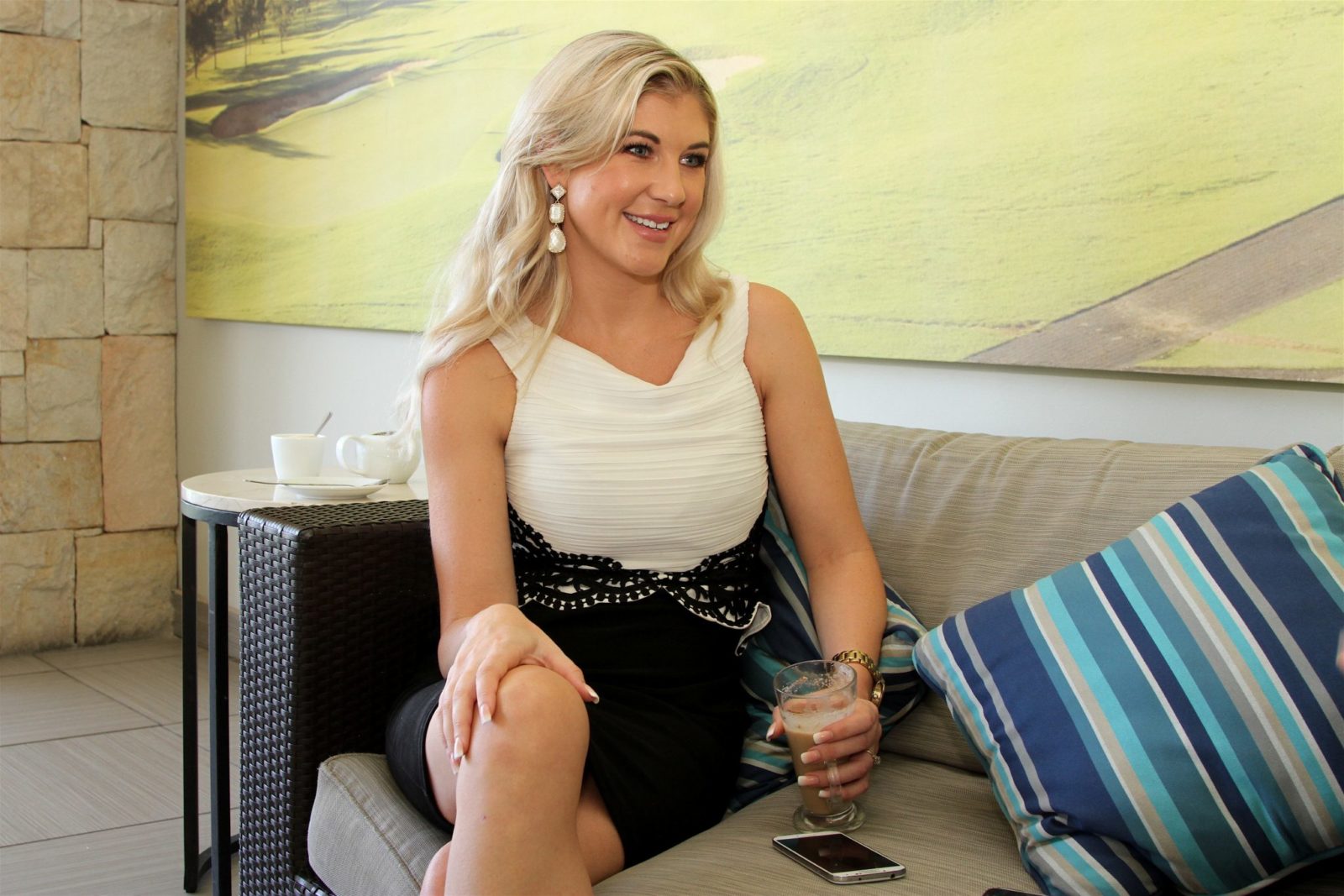Beauty queens are tall, slender 20-somethings with wavy hair and porcelain skin pledging for world peace. While that is the widely-held perception, older women will also get to do their turn on the ramp as the contestants of Mrs South Africa on August 8 at the Emperor’s Palace
in Johannesburg.
This year, the event will see 41-year-old South African Riana Mooi try her best to win the crown; she is the oldest finalist to participate in the pageant’s history. As its name implies, Mrs South Africa is aimed at married women between ages 25 and 50. For Mooi, age is no deterrent as she hopes to inspire others like her.
“Your life does not end when you get married and have kids. You don’t need to let your age define you or limit you from opportunities,” says Mooi, who is a mother of two and works for Nedbank
in Johannesburg.
Loading...
For some like Joani Johnson, who won Mrs South Africa in 2009, the contest was a stepping stone for a full-time career as a businesswoman. Two years after she won the crown, she bought the pageant for R500,000 ($47,600) from its previous owner. Since then, Johnson has been working hard on the image of the contest, and is now readying for the 2014 event. Johnson is also trying to shake off her beauty queen persona as she wants to be seen as more than just a pretty face.
“Being in the pageant industry, a lot of people assume that you’re this beauty queen, this ‘poppy’ with no brain. Sometimes you can actually use that to your advantage; I’ve walked into a lot of meetings where people have underestimated me.”
Johnson would like to see the pageant gain as much recognition as its better-known counterpart, Miss South Africa, which dates back to 1956, when Norma Vorster became its first winner.
The 2014 edition of the pageant televized to a national audience in March was a glamorous night replete with celebrity judges and special performances by famed South African musicians Mi Casa, Bucie, Matthew Mole and Brendan Jury. This was the night 23-year-old Roulene Strauss was crowned Miss South Africa 2014.
While most competitions stipulate a minimum height and size requirement, Melinda Bam, a former Miss South Africa (2011) and currently Executive Director of the pageant, says the organizers don’t put any pressure on the girls to look a certain way. Bam credits much of the success of this year’s competition to its re-branding through wide television coverage of the run-up to the pageant as well as its publicity on social media.
The pageant has been a great platform to launch careers. Basetsana Makgalemele (now Basetsana Kumalo), arguably its most successful winner, was crowned Miss South Africa in 1994, the year South Africa became a free, democratic country. Later that year, she was also crowned first runner-up at the Miss World pageant in Sun City, South Africa.
Kumalo is today a successful businesswoman in the entertainment industry. Other Miss South Africa winners to have gained fame in the entertainment sector include Jo-Ann Strauss, Cindy Nell, Nicole Flint, Bokang Montjane and Peggy-Sue Khumalo.
Strauss, this year’s winner, put a hold on her medical studies to pursue her dream, and says the win is part of her bigger plan to start a medical business. Mixing medicine and business would be following in the footsteps of her role model Precious Motsepe, a medical doctor and Executive Chairperson of African Fashion International in South Africa.
“I’ve always looked up to her. You see these business couples where the man is the strong one and the woman is the one who supports the husband. But I’ve always seen Dr Precious as someone who is independent and strong in her own way as well,” says Strauss.
While there are many critics of the beauty pageant industry, winners attest such contests lead to empowering careers like any other – only that they have to look beyond the gloss and the glam.
Loading...








